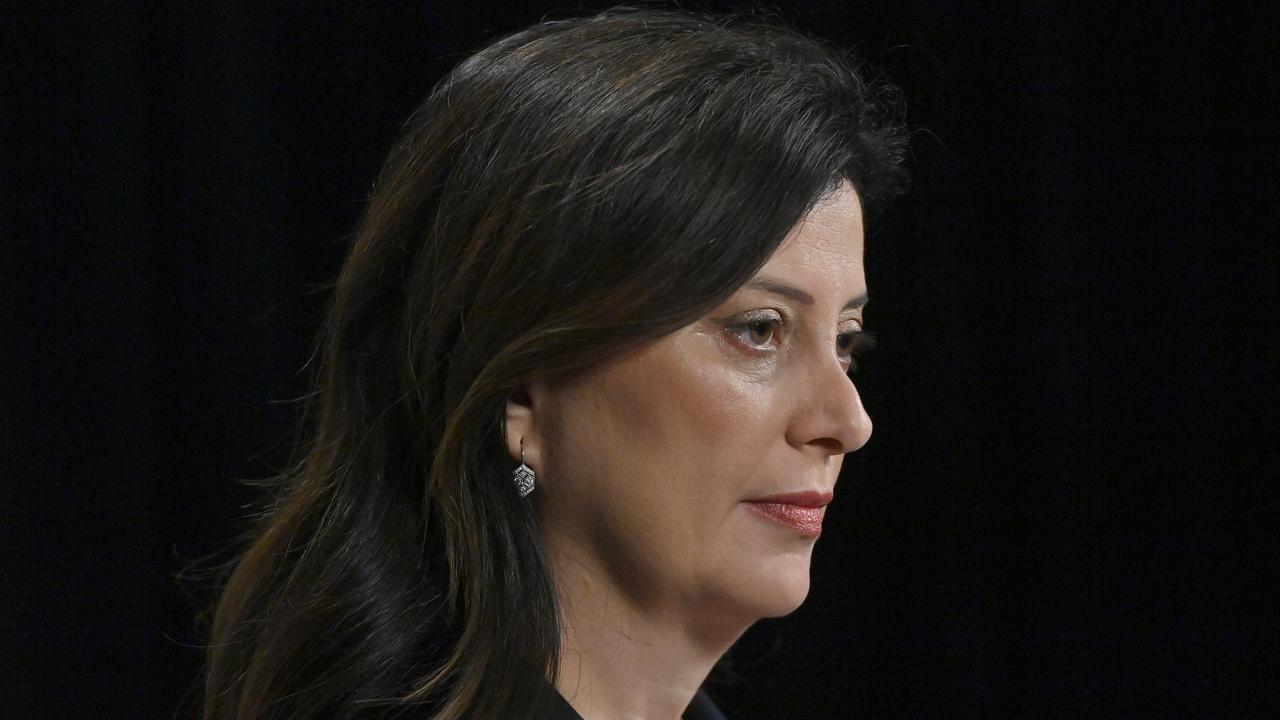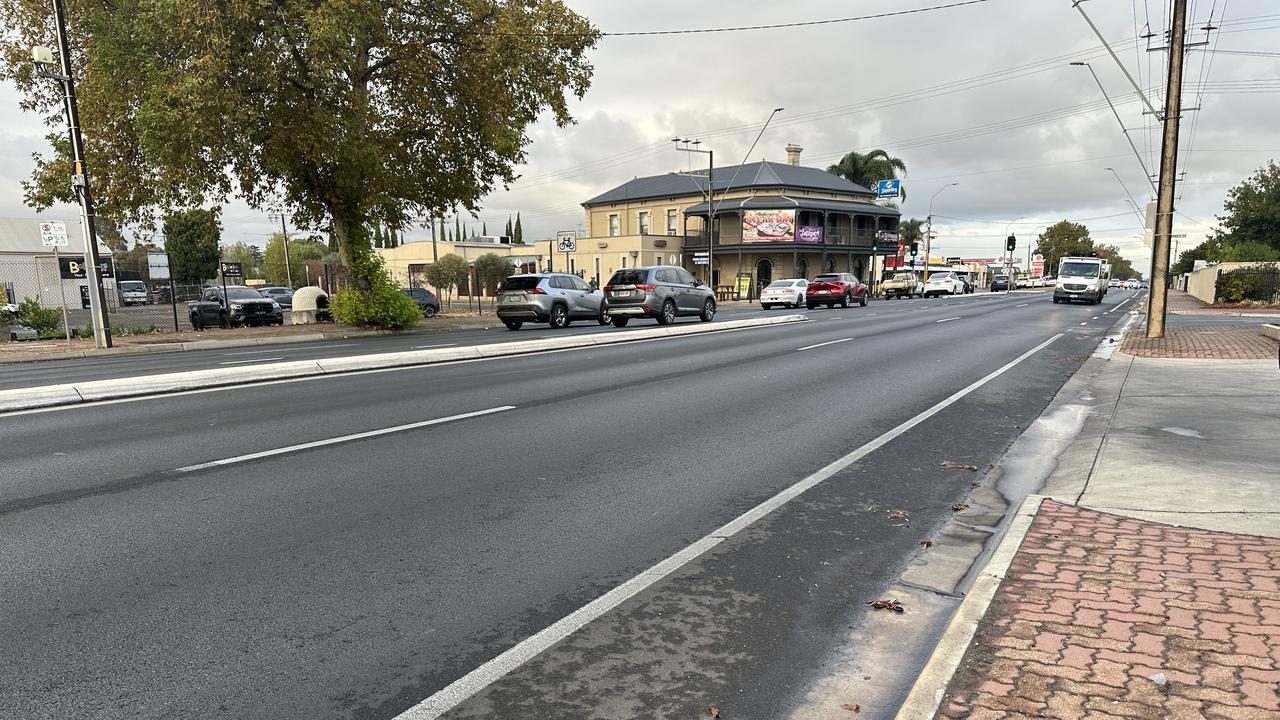Even the best-explained version of the Voice would have failed | David Penberthy
The tactics of Anthony Albanese and Peter Dutton are not the only parents of this failure, writes David Penberthy.
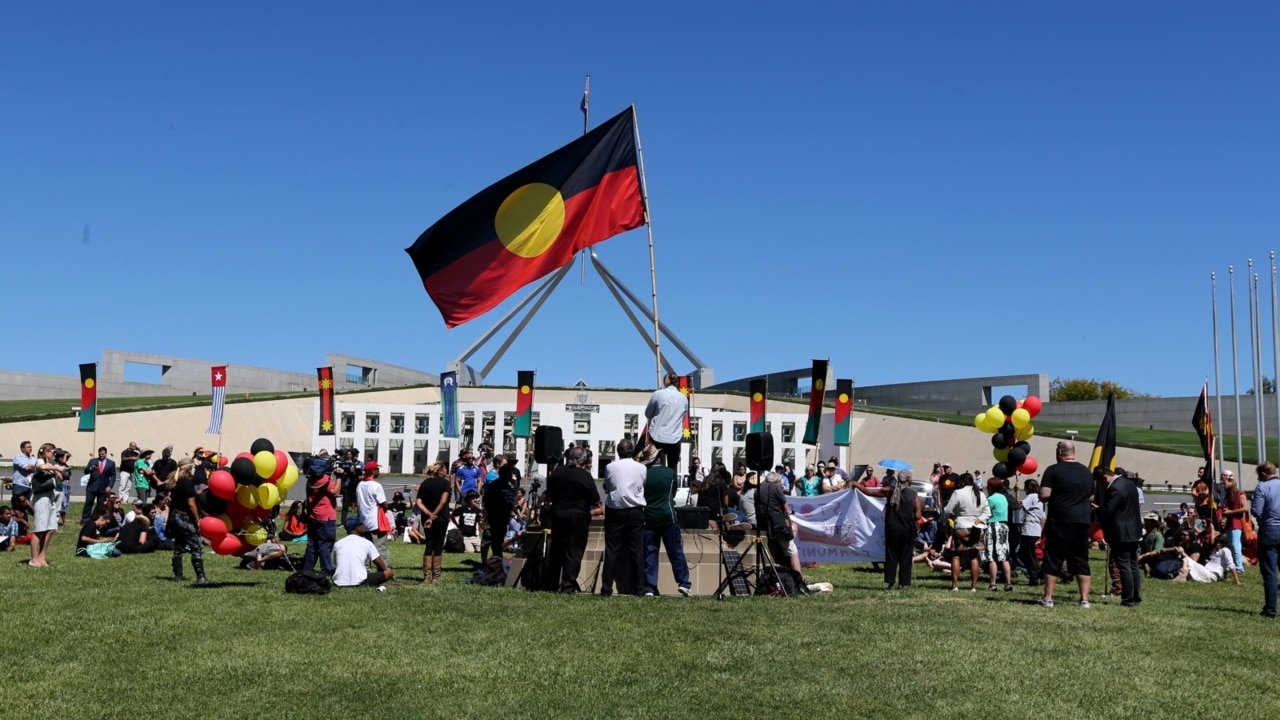
SA News
Don't miss out on the headlines from SA News. Followed categories will be added to My News.
After the Bay of Pigs fiasco when Cuban exiles failed in their bid to storm and retake the island from Fidel Castro’s communists, John F. Kennedy famously stated that while success has many fathers, failure is an orphan.
You can reverse the quote for the purposes of dissecting the result of the Voice referendum, as many played their part in ensuring its demise.
I don’t think that even the most modest and well-explained proposal to create an Indigenous advisory group to Parliament could have succeeded in the current political climate.
In no particular order, here’s why.
The first is that the proposal never enjoyed bipartisan support.
Once Peter Dutton said that he and the Liberal Party in near totality would be opposing the Voice, it was doomed from the start.
Of the tiny handful which have succeeded, no referendum has ever prevailed without bipartisan support.
The longer-term effects of Dutton’s handling of the issue are hard to read.
It has probably raised his standing in the outer suburbs and regions.
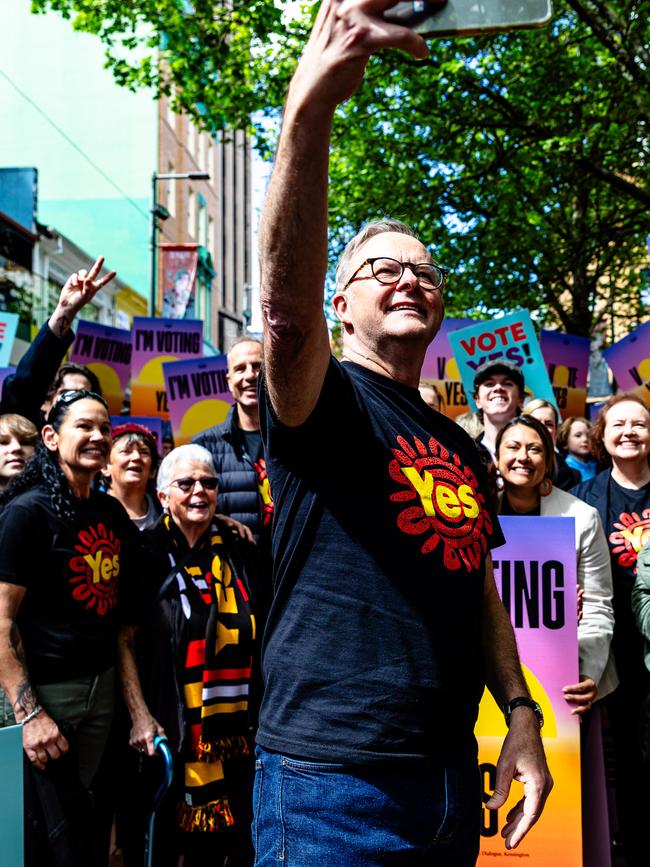
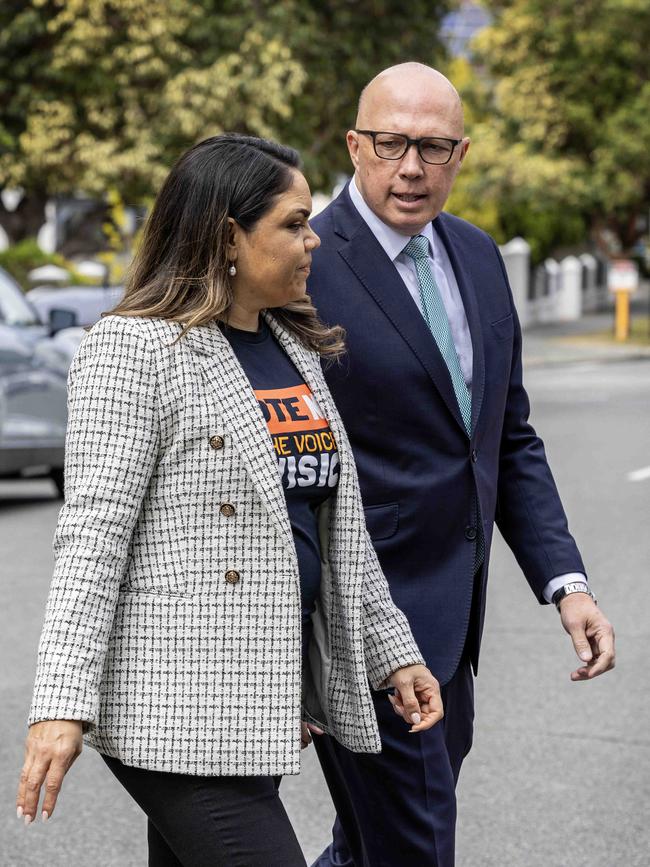
It is less likely to have helped him in those rich and well-educated Liberal heartland seats snared by Teal independents at last year’s poll, which the Coalition must regain to form government.
The second involves Anthony Albanese and has a few different elements.
Was it tactically shrewd for the PM to persist with the referendum in the absence of bipartisan support? W
hy did the PM not opt for a legislated Voice instead of one involving a change to the Constitution?
All the polls show mass public support for Indigenous recognition in the Constitution, but people have qualms about making an experimental and race-based proposal permanent by enshrining it in the Constitution.
A legislated Voice would have given the Parliament power to amend or axe it if it was a failure, or keep it running if it was a success.
The PM has also been criticised in the past for being loose over details.
With the Voice proposal it felt like he tried to drive a brand-new car out of the showroom before the wheels had been bolted on.
By asking people to take the idea on trust as a matter of general principle, he let his opponents have a field day speculating about what the Voice could and would look like.
The sell-job never really recovered from this initial fatal flaw.
The third problem went to the timing of the proposal in the context of other national events. When the Uluru process started, no-one could have foreseen that we would end up holding a referendum off the back of surging inflation and 12 straight interest rate hikes.
The risk for the PM – and more importantly the very idea of the Voice itself – was that it looked like it was a second-tier issue amid spiralling power bills, $30 watermelons and $2.20 a litre petrol.
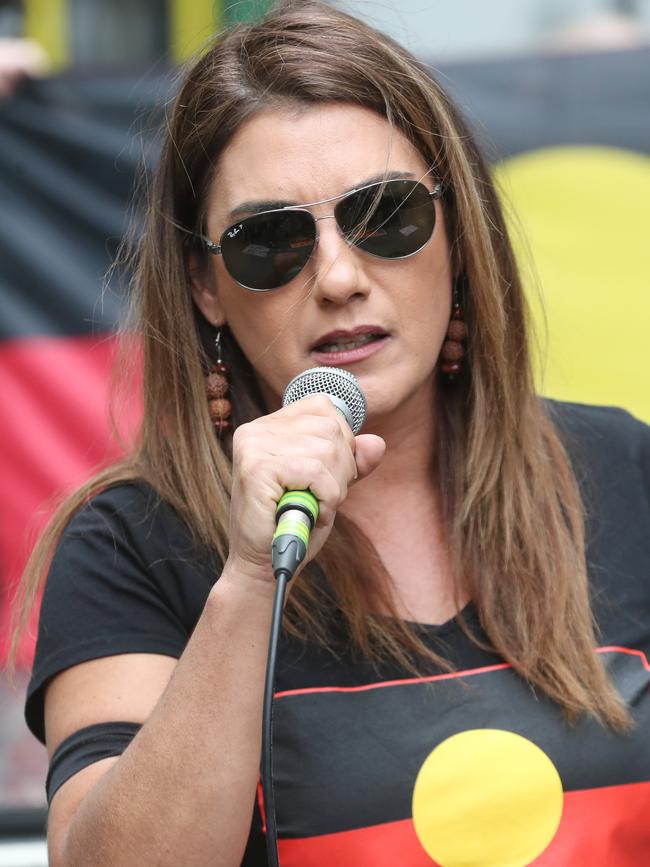
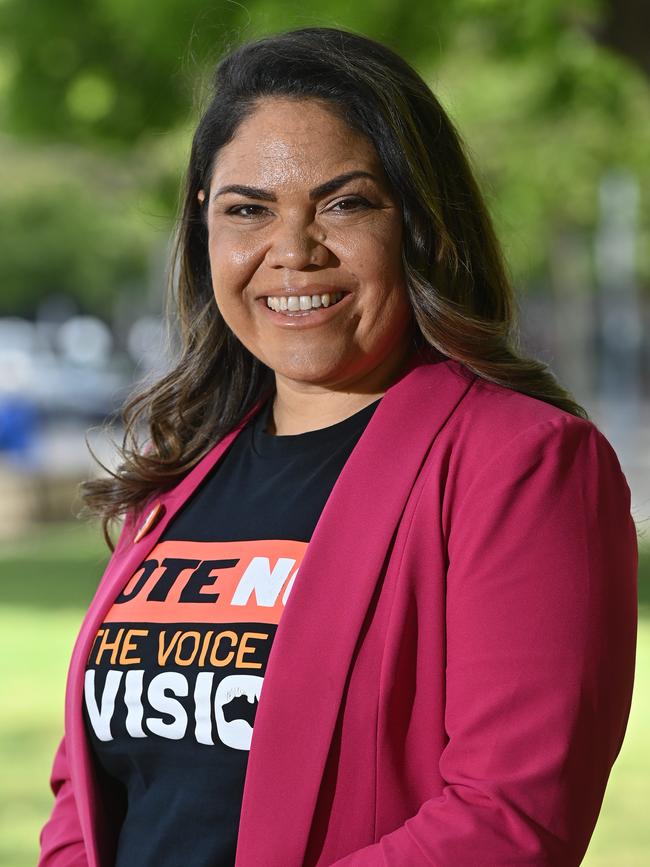
The fourth problem involved the well-meaning but hapless tactics of corporate Australian in trying to tell Australians what they thought was good for them.
This approach ranged from the mind-blowingly counter-productive to the laughably hypocritical.
For hypocrisy, no-one beats the mining giant Rio Tinto, the company which infamously blew up sacred Aboriginal caves but whose chairman only three days ago was lecturing Australia (while in London) that the failure of the Yes vote would destroy our international reputation.
For counter-productive, no-one comes close to the role played by Qantas and Alan Joyce. And on that point, you have to question the judgment of the PM in staging a joint event involving painted “Yes” planes with a CEO who was busy dragging the once-beloved national carrier from one crisis to the next.
I wrote earlier in the year that I became convinced the Voice would fail while buying a pinata for my son’s birthday at Big W when an announcement came over the store’s speakers saying we should all vote Yes in the referendum.
An old bloke was buying colouring pencils for his grandkids next to me, and he looked at me and shook his head at the impertinence of it all.
The next day Big W’s parent company Woolworths announced it was scrapping the announcements.
The fifth problem for the Voice was the name-calling that some on the Left employed, thinking that ridiculing others while parading their own politically correct credentials was a way to win hearts and minds.
There are a significant number of these people, some celebrities, others just average punters with a Twitter account, who all played their role in driving up the No vote by besmirching people as racists and idiots not just for saying they were voting No but even for merely admitting they were confused or wanted more detail.
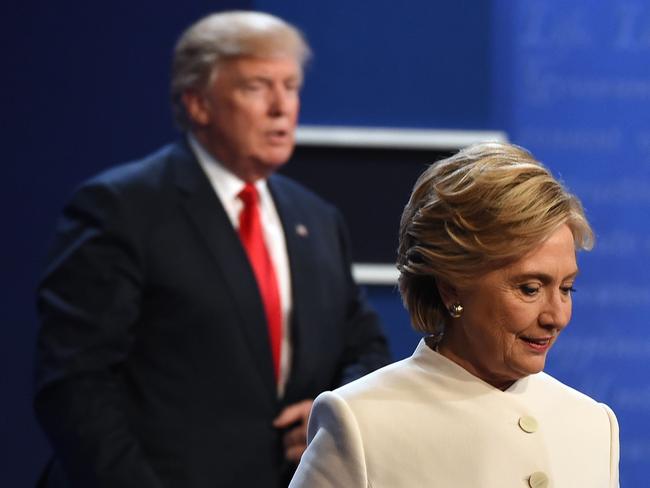
The great lesson from Trump’s victory – fuelled as it was by his opponent Hillary Clinton in labelling his supporters “deplorables” – continues to be lost on sections of the Left.
Finally, the Yes campaign was outflanked on both the Left and Right by two women who are now probably in the top 10 most recognised federal politicians, firebrand Senator Lidia Thorpe and the conservative Jacinta Price.
While opposing the Voice for conflicting reasons, both women helped undermine any perception of indigenous unity over the concept.
Price became such a commanding figure among Australian conservatives that some now regard her as a future PM.
So that’s it.
There are probably a lot of Aboriginal people waking up today feeling let down by what’s just occurred, or as if the result is a rejection of them.
It isn’t.
We did a great job stuffing it up on our own.
The challenge now is for both sides of the Voice divide to make good on their promise to achieve meaningful improvements for the lot of indigenous Australians.
For all the deliberately overblown claims of divisiveness this past few months, there’s one division that remains greater and more important, namely that an Aboriginal person will die on average in this country 10 years earlier than a white person, from a crowded field of miserable statistics.
Originally published as Even the best-explained version of the Voice would have failed | David Penberthy



